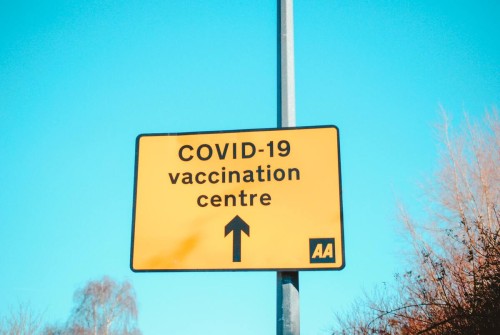Employment New Zealand and Business.govt.nz have been advising businesses lately of the role in supporting the roll-out of the vaccination campaign to ensure all employees are able to get vaccinated. For anyone who hasn’t yet received this information or would like to know more, here’s a recent update for you…
Workplaces play a key role in supporting New Zealand’s vaccination campaign, and the rollout of COVID-19 vaccines will likely raise some important employment, workplace health and safety, and privacy questions.
How can my business support the COVID-19 vaccination campaign?
Employment New Zealand encourages all employers to make it easier for their employees to get vaccinated by removing any barriers, such as costs or disadvantage (for example, if travel or time off work is needed). You could:
- Allow your employees to get vaccinated during work hours, without having to use annual leave or losing pay.
- Make employees aware of information about vaccination available from the Ministry of Health or District Health Boards.
- Organise vaccination at your workplace, if asked by the Ministry of Health or a District Health Board.
Can I make my employees get vaccinated?
No. Employers can only require that certain roles are performed by employees who are vaccinated, if the work is covered by a Health Order, or if a risk assessment shows that there is high risk of getting and/or infecting others with COVID-19. There are very few types of work in New Zealand where this would apply.
Can I change my unvaccinated employees’ work arrangements or transfer them to other positions if vaccination is required for their job?
Before considering changes to roles or work, employers should consult with their employees (and their union, if one is available), and agree if changes to their work arrangements are possible or desirable. This could include:
- location
- hours of work
- change or duties (e.g. job content),
- transfer to other positions that no longer pose a high risk.
Employers should also consider whether the tasks that require vaccination can be postponed. For example, if an employee can’t be vaccinated (e.g. pregnancy, certain medical conditions, or existing medication regimes) then this might mean certain alternative arrangements can be agreed for the short term, with vaccination planned for a later date.



